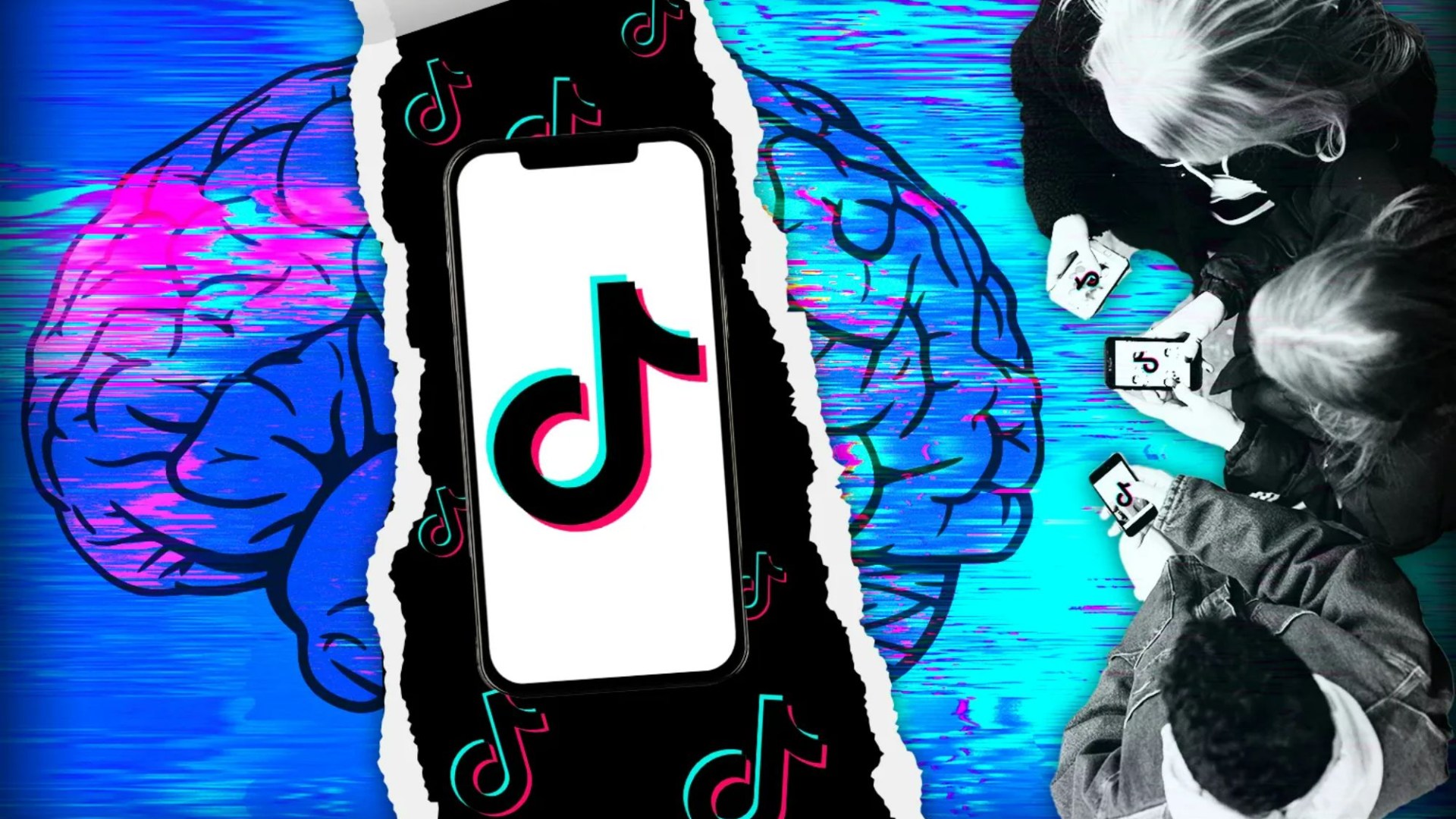
TikTok and Its Impact on Children’s Cognitive Development: A Deep Dive
TikTok has quickly become a popular platform for children and young adults alike, but what impact does it have on their cognitive development? Recent studies and expert opinions shed light on the potential risks associated with excessive TikTok use, with some even comparing it to “digital crack cocaine.” Let’s delve into the details and explore the effects of TikTok on young minds.
Experts Warn about the Negative Cognitive Effects of TikTok
As millions of youngsters spend hours scrolling through TikTok videos, experts have raised concerns about the detrimental effects on cognitive development. Psychiatrists have noted a phenomenon known as “TikTok brain,” where children’s attention spans are adversely affected, leading to impulsivity and reduced cognitive function. Screen addiction, instant gratification, and decreased focus are just a few of the worrying symptoms associated with excessive TikTok use.
[[Image Source: Central Recorder – Getty]]
The Biological Impact of Social Media on Children’s Brains
Studies have shown that excessive screen time, particularly from social media platforms like TikTok, can lead to changes in children’s brain development. Psychiatrist Stephen Scott CBE highlighted the biological effects of screen time on impulse control and attention span, likening some changes to those seen in Alzheimer’s patients. Increased screen time has been linked to reduced myelination in areas crucial for cognitive development, ultimately slowing down the transmission of signals in the brain.
[[Image Source: Central Recorder – Getty]]
Impact on Mental Well-being and Academic Performance
While TikTok offers entertaining and engaging content, it also poses risks to mental health and academic performance. The addictive nature of TikTok can lead to disrupted sleep patterns, anxiety, and self-esteem issues among users. Social media consultant Zoe Cairns emphasized the impact of TikTok on attention spans and communication skills, noting the potential negative effects on mental health.
[[Image Source: Central Recorder – Getty]]
Balancing the Positive and Negative Aspects of TikTok
Despite the concerns surrounding TikTok, experts acknowledge that the platform also offers educational benefits. Users can learn about diverse topics and engage with informative content on TikTok. However, it is crucial to strike a balance between screen time and productive activities to ensure overall well-being. By addressing potential risks and promoting healthy screen time habits, users can enjoy the benefits of TikTok without compromising their cognitive development.
[[Image Source: Central Recorder – Getty]]
Embracing Change and Implementing Responsible Usage
As TikTok continues to evolve and introduce new features, users must adapt to changes and utilize platform tools responsibly. Longer video formats and in-app search options provide users with diverse content experiences while encouraging a more balanced approach to content consumption. By staying informed, setting limits, and prioritizing mental well-being, users can navigate the digital landscape effectively and harness the educational potential of platforms like TikTok.
[[Image Source: Central Recorder – Getty]]
Conclusion
In conclusion, TikTok’s impact on children’s cognitive development is a subject of ongoing debate among experts. While the platform offers educational content and entertainment value, it also presents risks related to attention span, mental health, and academic performance. By promoting responsible usage, monitoring screen time, and encouraging a balanced approach to social media consumption, users can maximize the benefits of TikTok while safeguarding their cognitive well-being. As technology continues to shape our digital experiences, staying informed and mindful of its impact on young minds is essential for promoting healthy screen habits and overall cognitive development.